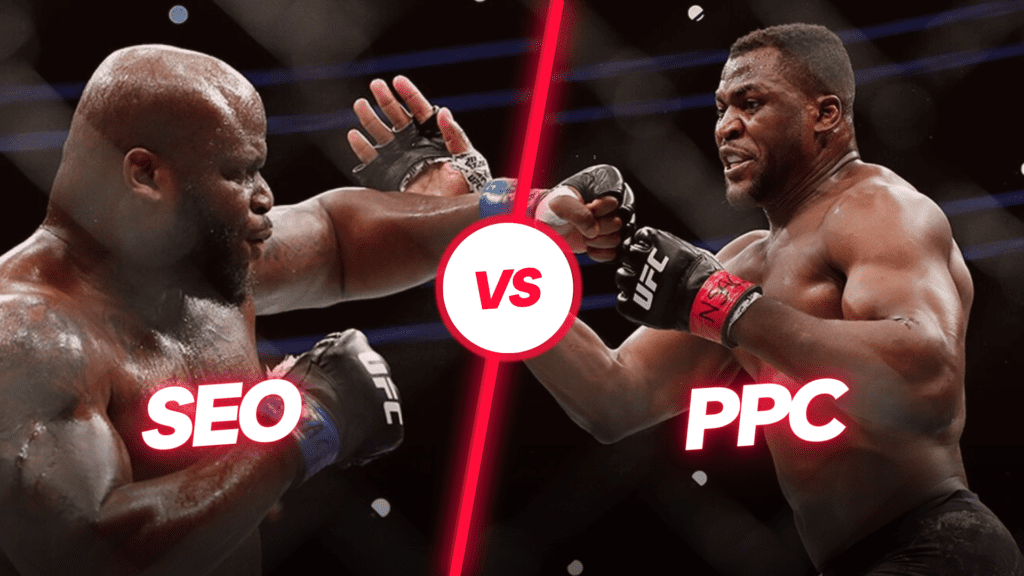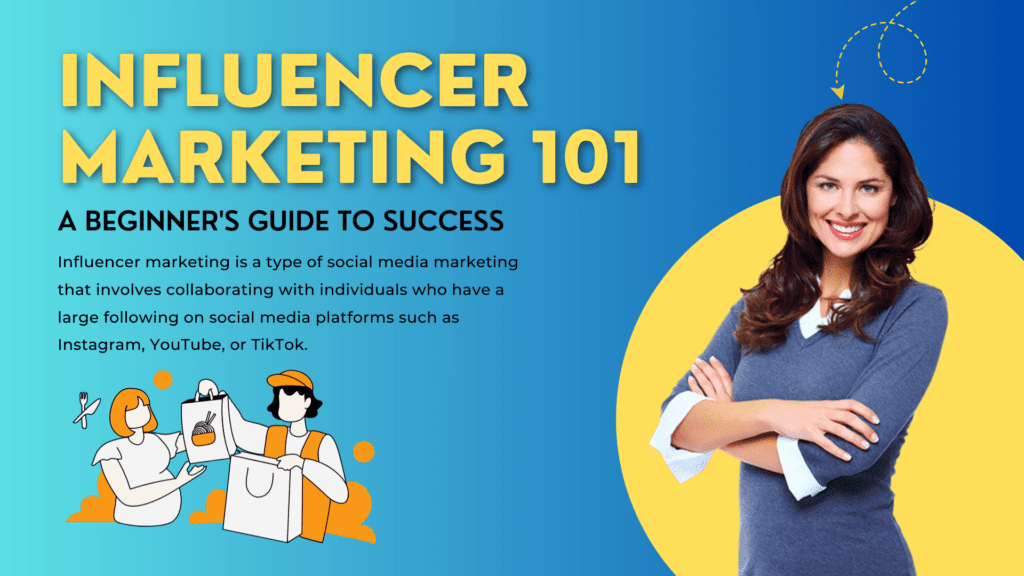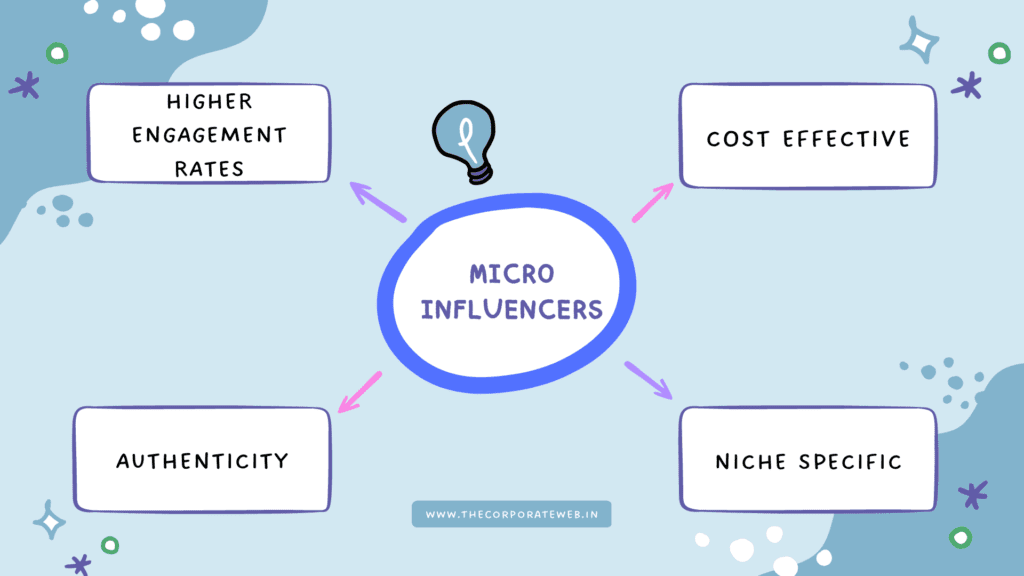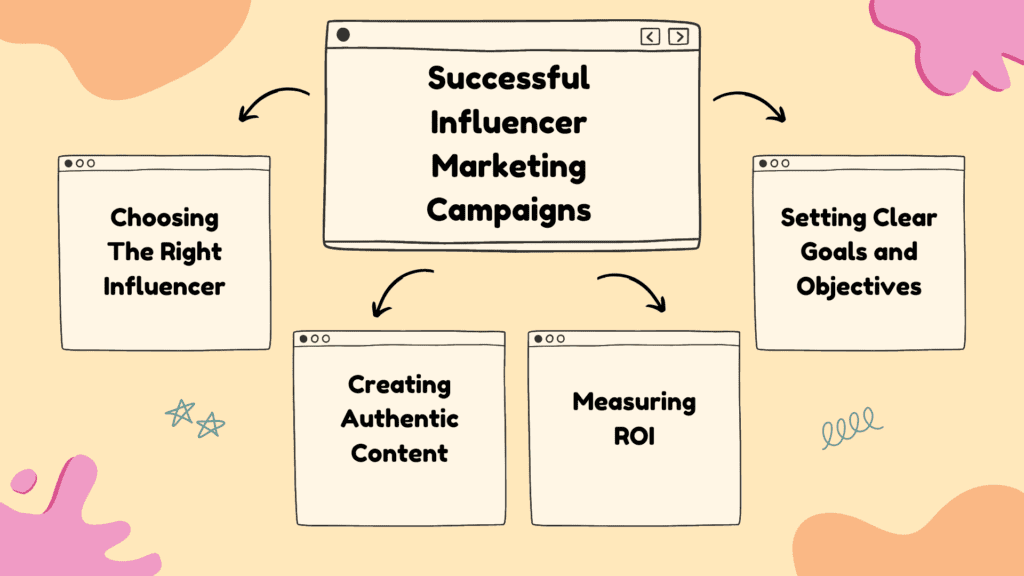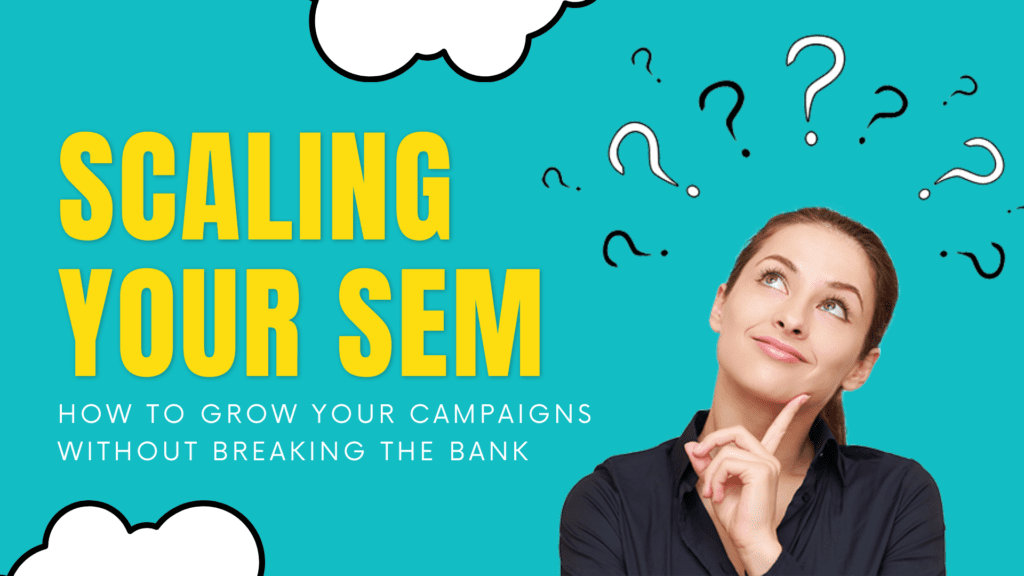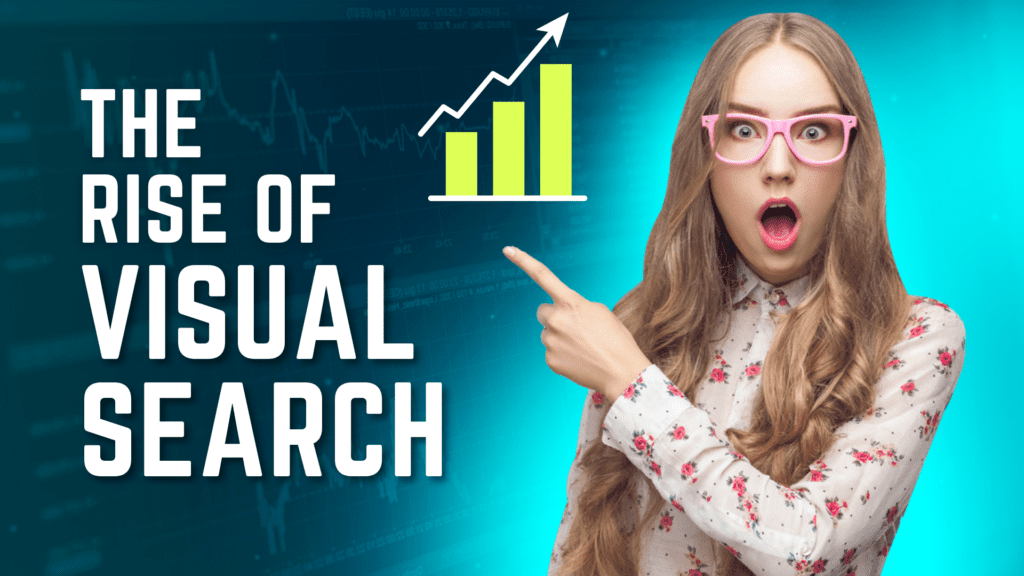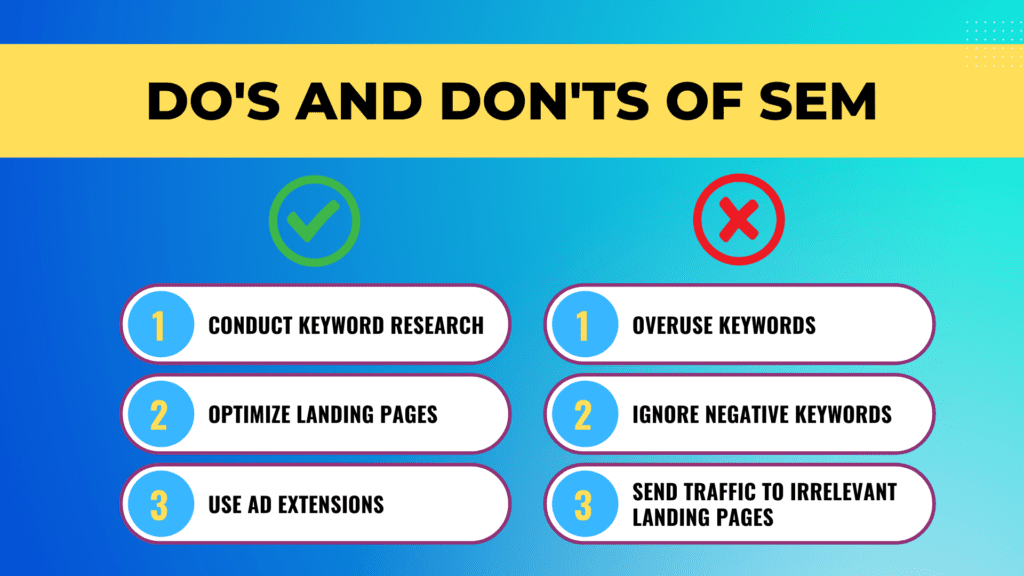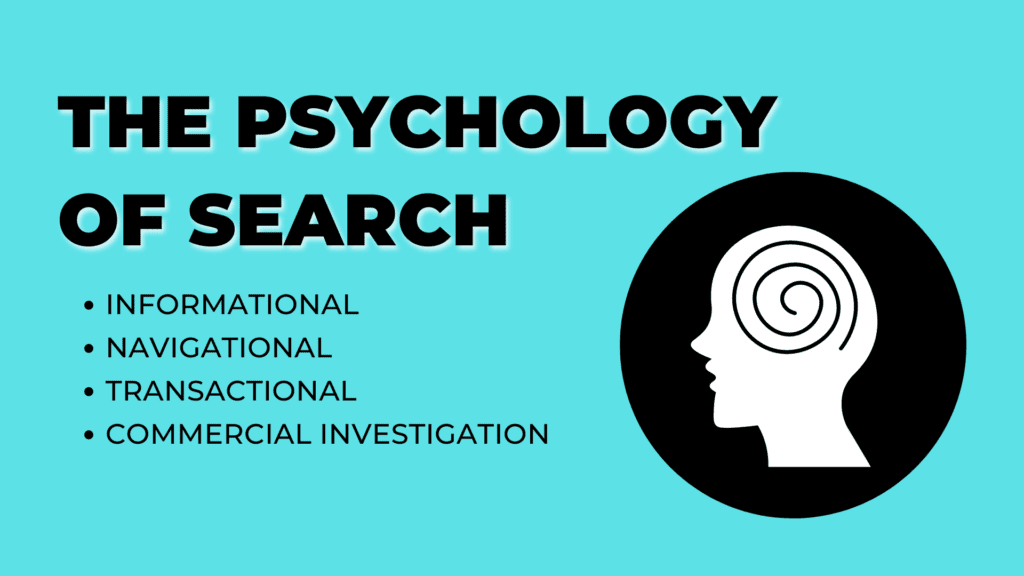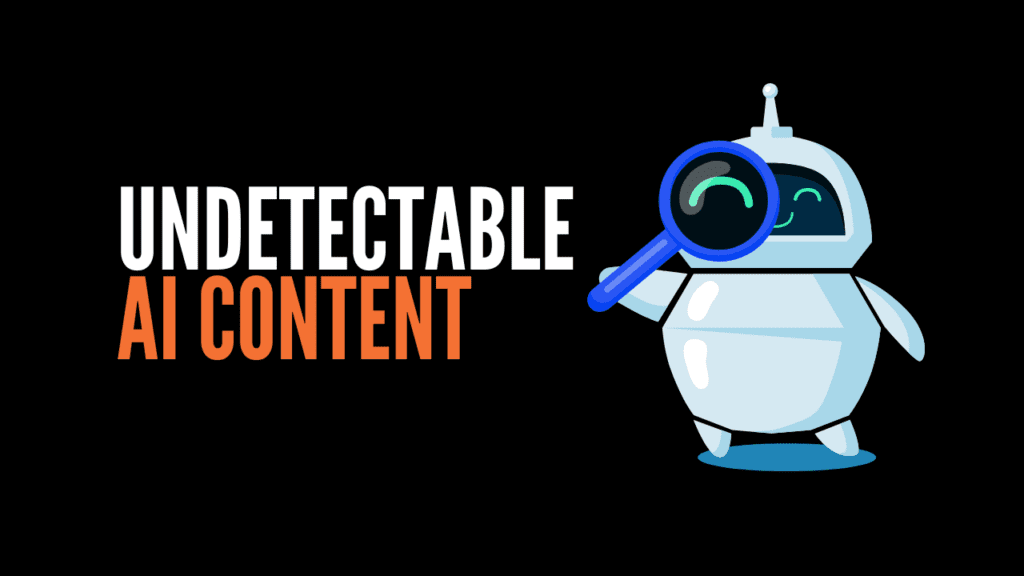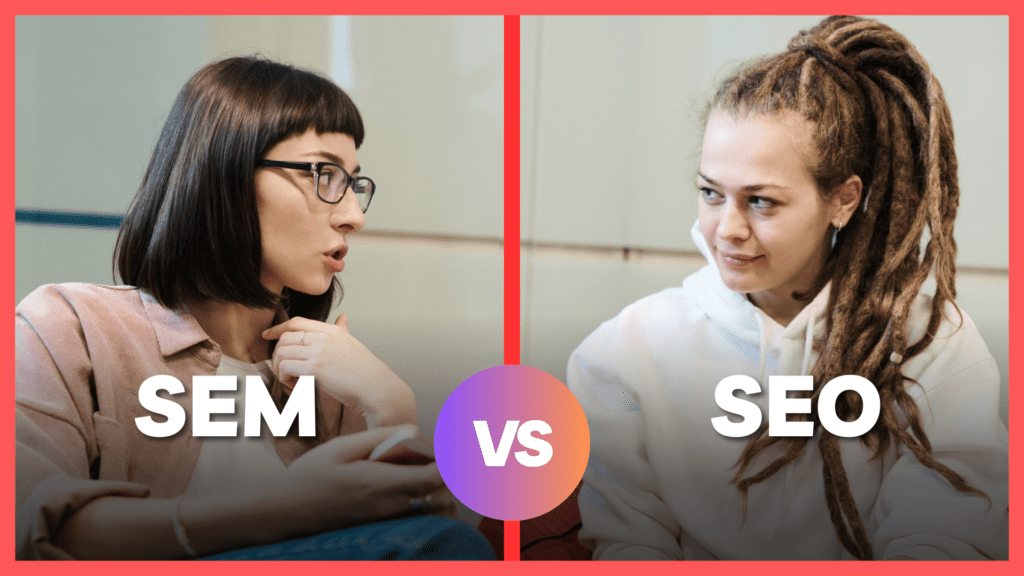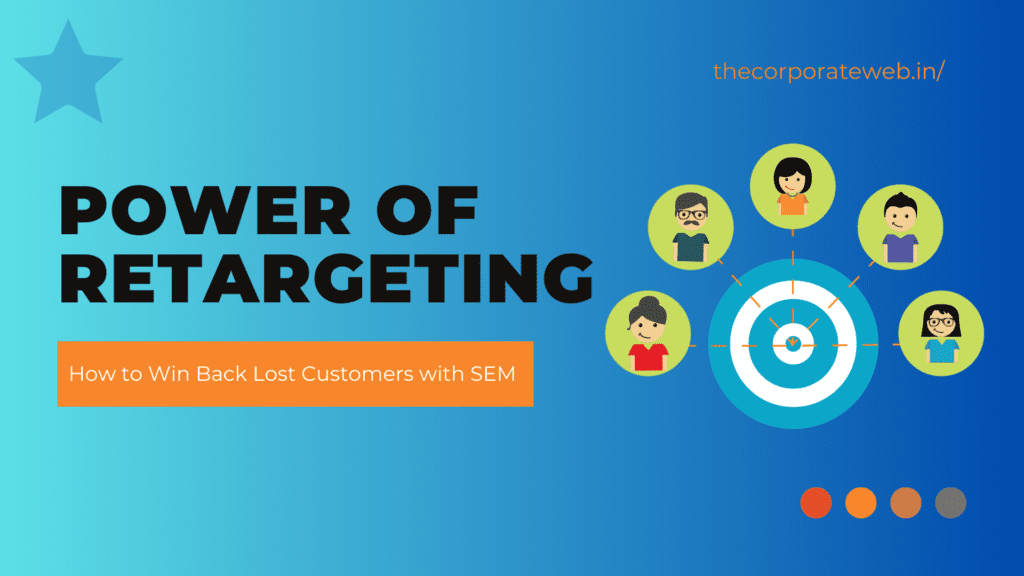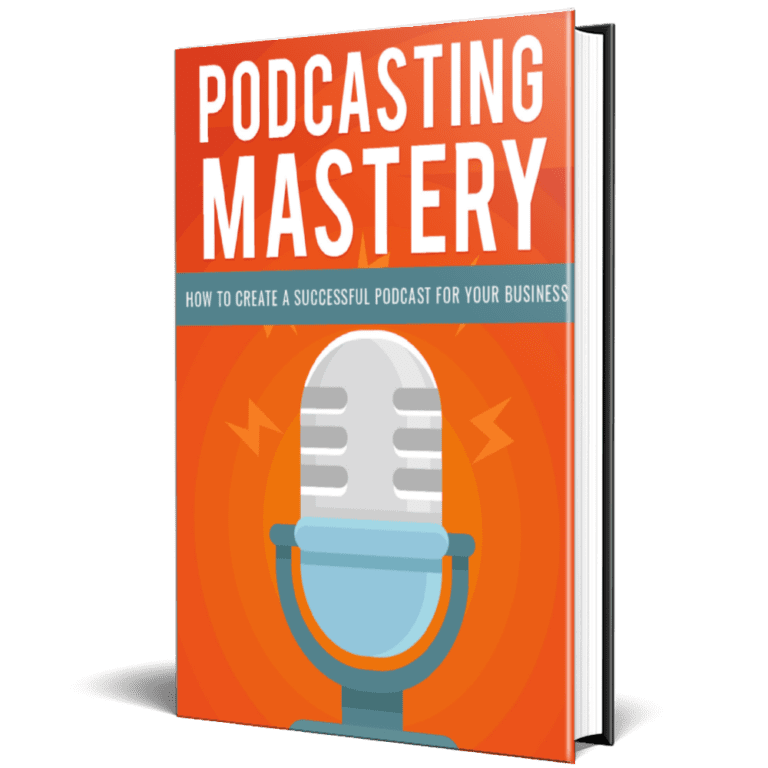Explanation of SEO vs PPC
In today’s digital world, businesses have to utilize various marketing strategies to get ahead of their competition. Two of the most popular digital marketing strategies are SEO (Search Engine Optimization) and PPC (Pay-per-click) advertising.
SEO refers to the process of optimizing a website’s content and structure to increase its visibility and ranking on search engine result pages (SERPs). The goal of SEO is to drive organic traffic to a website by using targeted keywords, creating high-quality content, and building links from authoritative websites.
PPC, on the other hand, is a form of online advertising where advertisers pay a fee each time a user clicks on one of their ads. These ads appear on search engine result pages or other websites, and they can be highly targeted based on factors such as location, device, and interests.
Importance of choosing the right strategy
Choosing the right digital marketing strategy is crucial to the success of a business. Both SEO and PPC have their own unique advantages and disadvantages, and it’s important to choose the one that best aligns with your business goals and budget.
SEO is a long-term strategy that requires patience and persistence. It takes time to see results from SEO efforts, but once a website starts ranking higher on search engines, the traffic, and leads generated are often more consistent and cost-effective in the long run.
PPC, on the other hand, is a more immediate strategy that can produce faster results. It allows businesses to target specific audiences and measure the effectiveness of their campaigns in real time. However, it can be more expensive than SEO, especially for highly competitive keywords.
It’s important to note that SEO and PPC aren’t mutually exclusive. In fact, many businesses use both strategies together to maximize their online visibility and generate more leads. For example, a business might use PPC to drive traffic to a new landing page while simultaneously working on SEO to improve the page’s organic ranking.
Purpose of the article
The purpose of this article is to provide an overview of two popular digital marketing strategies – SEO and PPC – and to emphasize the importance of choosing the right strategy for your business. By understanding the advantages and disadvantages of each strategy, businesses can make informed decisions about where to invest their marketing budget and resources.
Ultimately, the goal is to help businesses increase their online visibility, generate more leads, and achieve their marketing objectives.
Understanding SEO
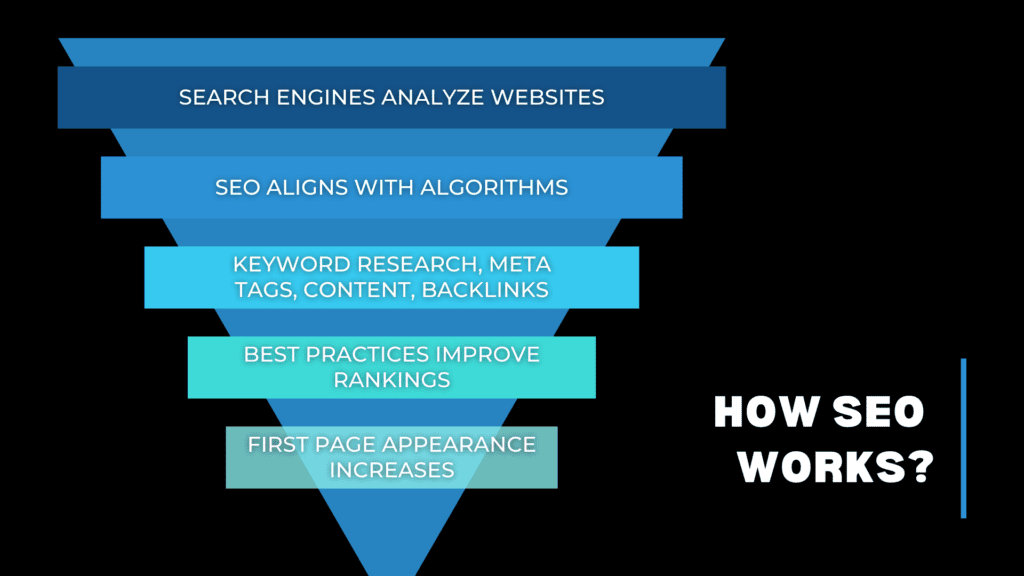
Definition of SEO
SEO stands for Search Engine Optimization, which is the process of optimizing a website to increase its visibility and ranking on search engine result pages (SERPs). It involves various techniques such as keyword research, on-page optimization, and link building, to help search engines better understand a website’s content and relevance to user search queries.
Importance of SEO for businesses
In today’s digital world, having a strong online presence is crucial for the success of any business. SEO plays a vital role in improving a website’s visibility and driving organic traffic to a website. By optimizing a website for search engines, businesses can attract more qualified leads and increase their brand awareness.
Additionally, SEO is a cost-effective marketing strategy that can provide long-term benefits, unlike paid advertising which only provides short-term results.
How SEO works?
Search engines use complex algorithms to analyze and rank websites based on their relevance and authority. SEO works by optimizing a website’s content and structure to align with these algorithms, thereby improving its ranking on SERPs.
This involves various techniques such as keyword research, optimizing meta tags, creating high-quality content, and building high-quality backlinks. By following these best practices, businesses can increase their chances of appearing on the first page of search results.
Benefits of SEO
SEO has numerous benefits for businesses, including:
Increased visibility and traffic: By ranking higher on SERPs, businesses can attract more organic traffic to their website, resulting in increased visibility and brand awareness.
Higher quality leads: Organic traffic generated through SEO tends to be more qualified and likely to convert into paying customers.
Cost-effective: Unlike paid advertising, SEO is a cost-effective strategy that can provide long-term benefits.
Improved user experience: SEO involves optimizing a website’s content and structure, which can result in an improved user experience and higher engagement rates.
Competitive advantage: By implementing SEO best practices, businesses can gain a competitive advantage over their competitors and improve their market position.
Limitations of SEO
While SEO can provide numerous benefits for businesses, it’s important to note its limitations, including:
Time-consuming: SEO is a long-term strategy that requires time and patience to see results.
Constantly changing: Search engine algorithms are constantly evolving, which means that SEO best practices can change frequently.
Limited control: While businesses can optimize their website for search engines, they have limited control over the ranking algorithms used by search engines.
Highly competitive: SEO can be highly competitive, especially for businesses in highly competitive industries or niches.
Inconsistent results: While SEO can provide long-term benefits, the results can be inconsistent and may fluctuate over time.
Understanding PPC
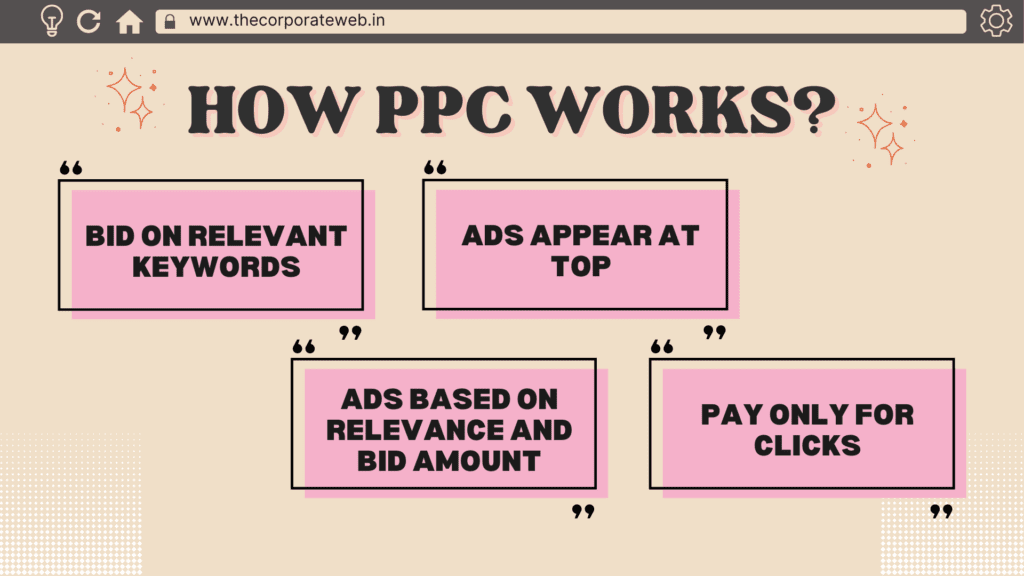
Definition of PPC
PPC stands for Pay-Per-Click, which is a digital advertising model that allows businesses to pay each time a user clicks on their ad. These ads typically appear at the top of search engine result pages (SERPs) or on relevant websites and social media platforms.
Importance of PPC for businesses
PPC advertising is an essential marketing strategy for businesses of all sizes, especially those looking to attract more qualified leads and generate revenue quickly. PPC allows businesses to target specific audiences based on demographics, interests, and behaviors, making it an effective way to reach potential customers at the right time.
How PPC works?
PPC works by allowing businesses to bid on specific keywords and phrases relevant to their products or services. When a user types in a search query that matches the business’s chosen keywords, their ad will appear at the top of the search results. The business will then pay a fee each time a user clicks on their ad, hence the name “pay-per-click.”
Benefits of PPC
PPC advertising offers several benefits for businesses, including:
Increased visibility: PPC ads can help businesses achieve higher visibility and attract more qualified leads.
Immediate results: Unlike SEO, which can take time to show results, PPC ads can generate immediate traffic and revenue.
Targeted advertising: PPC allows businesses to target specific audiences based on demographics, interests, and behaviors, making it a highly targeted marketing strategy.
Control over budget: With PPC, businesses can set their own budget and control their spending on advertising.
Measurable results: PPC provides measurable results, making it easy for businesses to track their return on investment (ROI).
Limitations of PPC
While PPC advertising has many benefits, it’s important to be aware of its limitations, including:
Cost: PPC advertising can be costly, especially for highly competitive keywords.
Requires ongoing optimization: PPC campaigns require ongoing optimization to ensure that they are performing at their best.
Limited reach: PPC ads may not reach all potential customers, especially those who are not actively searching for products or services.
Ad fatigue: Over time, users may become fatigued with seeing the same ad repeatedly, leading to lower click-through rates.
Ad blindness: Some users may develop “ad blindness,” where they automatically ignore ads, resulting in lower engagement rates.
Comparing SEO and PPC
When it comes to digital marketing strategies, SEO and PPC are often compared. Both have their strengths and weaknesses, and businesses should choose the best option based on their goals and budget. Here is a comparison of SEO and PPC across various factors:
| Comparison Factors | SEO | PPC |
| Cost | More cost-effective in the long run, as businesses do not pay for each click | Can be costly, especially for highly competitive keywords |
| Timeframe for Results | Takes time to show results, several months for significant improvement | Generates immediate traffic and revenue |
| Traffic Quality | Tends to attract more organic, higher-quality traffic | Traffic can be less qualified |
| Targeting Options | Targeting is more limited, only optimizing content for specific keywords and phrases | Offers more advanced targeting options based on demographics, interests, and behaviors |
| Long-term Benefits | Provides long-term benefits by attracting organic traffic even after content optimization has stopped | Only provides short-term benefits as businesses must continue to pay for each click |
| Brand Awareness | Can help build brand awareness by appearing at the top of search results | An effective way to build brand awareness is by showing ads to a wide audience |
| User Behavior | Users who click on organic search results tend to have a higher intent to purchase | Users who click on PPC ads may be more impulsive and less likely to convert |
Cost
SEO is generally considered a more cost-effective strategy than PPC, as businesses do not have to pay for each click. However, SEO requires ongoing optimization and content creation, which can add up over time. PPC, on the other hand, can be costly, especially for highly competitive keywords.
Timeframe for results
SEO is a long-term strategy that takes time to show results, as it involves optimizing content and building backlinks. It can take several months to see a significant improvement in rankings. PPC, on the other hand, can generate immediate traffic and revenue.
Traffic quality
SEO tends to attract more organic traffic, which is generally considered to be of higher quality than paid traffic. Organic traffic is more likely to convert into customers, as users are actively searching for information about a product or service. PPC traffic can be less qualified, as users may click on ads out of curiosity or by accident.
Targeting options
PPC offers more advanced targeting options than SEO, as businesses can target specific audiences based on demographics, interests, and behaviors. SEO targeting is more limited, as businesses can only optimize their content for specific keywords and phrases.
Long-term benefits
SEO provides long-term benefits, as businesses can continue to attract organic traffic even after they stop actively optimizing their content. PPC, on the other hand, only provides short-term benefits, as businesses must continue to pay for each click.
Brand awareness
PPC can be an effective way to build brand awareness, as businesses can show their ads to a wide audience. SEO can also help build brand awareness, as businesses can appear at the top of search results for specific keywords.
User behavior
User behavior can differ between SEO and PPC. Users who click on organic search results tend to be more engaged and have a higher intent to purchase. Users who click on PPC ads may be more impulsive and less likely to convert. However, this can vary depending on the specific keywords and targeting options used in the campaign.
Choosing the right strategy for your business
Choosing the right digital marketing strategy for your business requires careful consideration of various factors. Here are some important factors to keep in mind:
Factors to consider
Before choosing a strategy, businesses should consider their budget, goals, industry, competition, target audience, and tracking and analysis capabilities.
Budget
Budget is an important consideration, as it can determine the feasibility of certain strategies. PPC can be more expensive than SEO, but it can also generate immediate results.
Goals
Businesses should consider their goals when choosing a strategy. If they want to increase brand awareness, PPC may be a better option. If they want to attract more organic traffic and build long-term authority, SEO may be a better option.
Industry
The industry is an important consideration, as some industries are more competitive than others. Highly competitive industries may require a more aggressive strategy, such as PPC, to stand out.
Competition
Competition is also an important consideration, as businesses need to consider how they can differentiate themselves from their competitors. If their competitors are investing heavily in SEO, they may need to consider PPC to compete.
Target audience
Target audience is an important consideration, as businesses need to choose a strategy that resonates with their audience. If their audience is more likely to click on ads, PPC may be a better option. If their audience is more likely to engage with organic content, SEO may be a better option.
Tracking and analysis
Tracking and analysis are important considerations, as businesses need to be able to measure the success of their strategy. PPC offers more advanced tracking options than SEO, but businesses can still track their SEO performance through tools like Google Analytics.
Ultimately, businesses should choose a strategy that aligns with their goals and budget, and that resonates with their target audience. By carefully considering these factors, businesses can choose the right digital marketing strategy for their needs.
Conclusion
Recap of SEO vs PPC
SEO and PPC are two important digital marketing strategies that businesses can use to increase their online visibility and attract more customers. SEO involves optimizing a website’s content and structure to improve its ranking on search engine results pages, while PPC involves paying for ads that appear at the top of search results.
How to choose the right strategy
Choosing the right digital marketing strategy requires careful consideration of various factors, including a budget, goals, industry, competition, target audience, and tracking and analysis capabilities. Businesses should choose a strategy that aligns with their goals and budget, and that resonates with their target audience.
Importance of ongoing optimization
Regardless of the strategy chosen, ongoing optimization is crucial to maintaining success. SEO requires regular updates to keep up with changes in search engine algorithms, while PPC requires ongoing testing and refinement to ensure the best possible results.
Final thoughts
Both SEO and PPC can be effective digital marketing strategies for businesses, but choosing the right strategy requires careful consideration of various factors. By choosing a strategy that aligns with their goals and budget, and by continuing to optimize their approach, businesses can increase their online visibility and attract more customers.
Read More: Maximizing Your Online Presence: Tips For Local SEO Success
FAQs Related To SEO Vs PPC
What is the difference between SEO and PPC?
SEO (Search Engine Optimization) is a strategy that involves optimizing a website’s content and structure to improve its ranking on search engine results pages. PPC (Pay-Per-Click) is a strategy that involves paying for ads that appear at the top of search results.
Which is more cost-effective, SEO or PPC?
SEO is generally considered more cost-effective in the long run, as it involves optimizing a website for organic traffic rather than paying for each click on an ad. However, the cost-effectiveness of each strategy depends on various factors, such as the competition in the industry, the targeted keywords, and the overall marketing budget.
How long does it take to see results from SEO and PPC?
The timeline for seeing results from SEO and PPC can vary. With SEO, it can take several months to see significant improvements in a website’s ranking, as it requires ongoing optimization efforts. With PPC, results can be seen more quickly, as ads can appear at the top of search results immediately after launching a campaign.
Can I do SEO and PPC simultaneously?
Yes, businesses can use both SEO and PPC strategies simultaneously to maximize their online visibility and attract more customers. However, it’s important to consider the budget and goals for each strategy and to ensure that they complement each other rather than compete.
How do I know which strategy is right for my business?
Choosing the right strategy depends on various factors, such as budget, goals, industry, competition, target audience, and tracking and analysis capabilities. It’s important to carefully consider these factors and to choose a strategy that aligns with the overall marketing goals and budget.
What are the benefits of SEO?
The benefits of SEO include increased organic traffic, improved online visibility and credibility, and long-term sustainability. SEO also helps businesses establish a strong online presence and attract more customers who are actively searching for their products or services.
What are the benefits of PPC?
The benefits of PPC include increased visibility, immediate results, and the ability to target specific keywords and demographics. PPC can also help businesses reach new audiences and test different marketing strategies before investing in a long-term SEO strategy.
What are the limitations of SEO?
The limitations of SEO include the time required to see results, the impact of search engine algorithm changes, and the difficulty of competing against larger and more established websites. SEO also requires ongoing optimization efforts and may not be as effective in highly competitive industries.
What are the limitations of PPC?
The limitations of PPC include the cost of each click, the need for ongoing testing and optimization, and the potential for ad fatigue or oversaturation. PPC can also be less effective for certain industries or products that have low search volumes or high competition.
How can I track and analyze the effectiveness of my SEO and PPC strategies?
Businesses can track and analyze the effectiveness of their SEO and PPC strategies using various tools such as Google Analytics and Google Search Console. These tools provide insights into website traffic, keyword performance, and ad campaigns, allowing businesses to make data-driven decisions and optimize their approach over time.
References And Additional Resources
List of sources cited in the article
- Moz – https://moz.com/learn/seo/what-is-seo
- Google Ads – https://ads.google.com/intl/en_in/home/
- Neil Patel – https://neilpatel.com/what-is-ppc/
Additional resources for further learning and improvement.
- Search Engine Journal – https://www.searchenginejournal.com/
- SEMrush – https://www.semrush.com/
- HubSpot – https://www.hubspot.com/
- Ahrefs – https://ahrefs.com/
- Backlinko – https://backlinko.com/
- Google Analytics – https://analytics.google.com/analytics/web/provision/#/provision
- Google Search Console – https://search.google.com/search-console/about
- WordStream – https://www.wordstream.com/
These resources provide in-depth information on SEO, PPC, and digital marketing in general. They offer tips, tools, and best practices for businesses looking to improve their online visibility and attract more customers. By utilizing these resources, businesses can stay up-to-date with the latest trends and techniques in digital marketing and continue to refine their approach over time.
